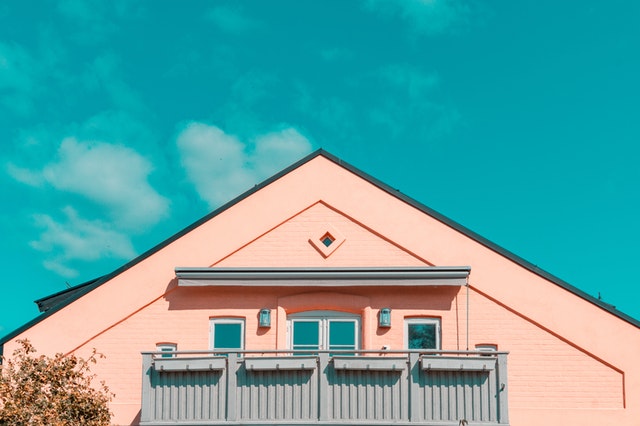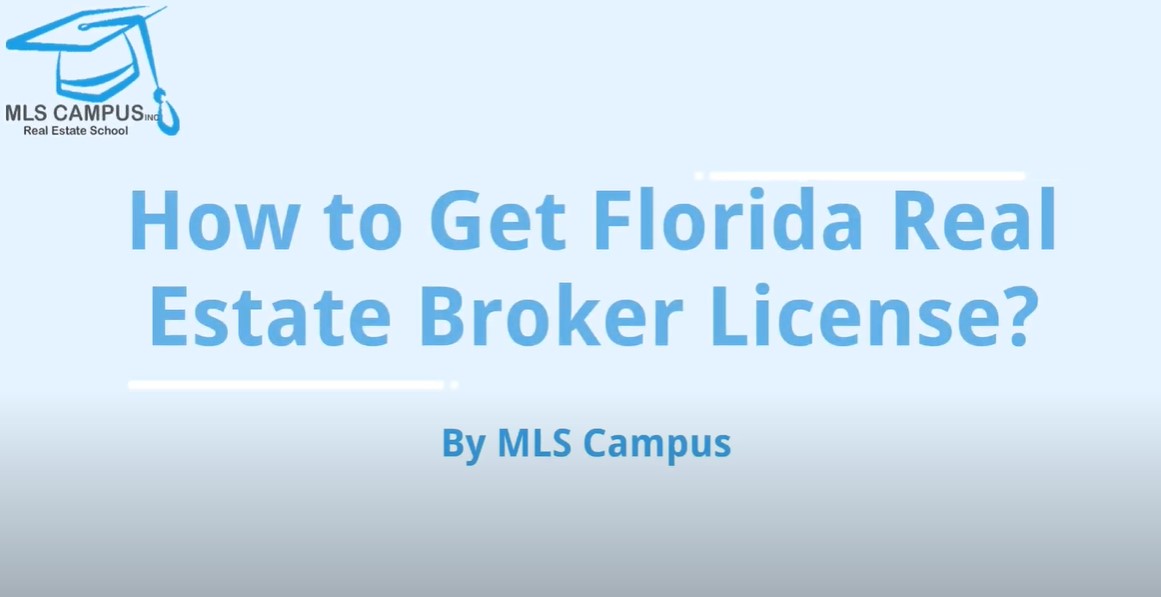
A buyer's agent is a person who can help you sell your house without the assistance of a realtor. They coordinate the signing of all necessary documents, and verify that the terms of the purchase contract have been fulfilled. The agent will then sign the deed and transfer ownership.
Without the assistance of a realtor, you can sell your home directly to the owner.
A house can be sold by the owner, without the help of a realtor. This will save you money. The full commission costs between 5 and 7 percent of the sales price. Reduce or eliminate commissions to save money and make your home sell faster. It is not easy. It will take a lot of time to sell your house. It will be necessary to show the house and meet with potential buyers. It is possible to make this difficult if your schedule includes work.
The commissions paid by realtors can be significant. For example, if you sell your house for $350,000, your realtor would earn $10,500. This money can cover the cost for an agent's services. Additionally, you will have extra cash in your bank account if you sell your house on your own.

Getting a buyer's agent
You may pay a commission to the buyer's representative, but he/she shouldn't be the only one involved with the transaction. An agent representing your interests as a seller should be included. An agent will be able to help you through the paperwork and make sure that everything goes smoothly. An agent can help get you the best possible deal for your home.
A buyer's agent can also be a benefit because they have experience selling houses. An agent can take you on a tour of a property, and help you identify potential problems to increase your chances of selling it. Agents can help you identify important inspection issues and make sure that all legal requirements are met.
Pricing your home
There are many things you should consider when selling your home. A real estate agent can help you determine a listing price for your house. This will ensure you get the highest possible price for your property. Pricing your home right is essential, but there are a few things you need to consider when doing this.
First, do a market analysis before setting the price. To determine the house's value, you need to run a comparative marketplace analysis of similar sales in your region. Don't let emotion influence your pricing decision. Even if you love your house, it doesn't mean it'll sell. You can review similar sales in the area to find similar features. You can also access a Federal Housing Finance Agency-provided standardized HPI calculation, but do not take it as gospel.

Accepting Offers
A buyer who accepts an offer to buy a house without a realtor is allowed to accept the deal without paying a commission, but it's important to remember that the buyer is still expected to pay the agent's commission. In some states, the buyer's agent may also be the seller's agent. Dual agency is a term that describes the inability of an agent to represent both the seller and buyer.
Be sure to carefully read the terms of any offer you are offered. The terms of the offer may include conditions that the seller may want to avoid. If the buyer isn't a U.S. citizen, discriminating based on race is prohibited. A person can't refuse your offer to buy your home because they are religious.
FAQ
How can I find out if my house sells for a fair price?
You may have an asking price too low because your home was not priced correctly. A home that is priced well below its market value may not attract enough buyers. To learn more about current market conditions, you can download our free Home Value Report.
Should I buy or rent a condo in the city?
Renting may be a better option if you only plan to stay in your condo a few months. Renting lets you save on maintenance fees as well as other monthly fees. You can also buy a condo to own the unit. You have the freedom to use the space however you like.
What are the chances of me getting a second mortgage.
Yes. But it's wise to talk to a professional before making a decision about whether or not you want one. A second mortgage is typically used to consolidate existing debts or to fund home improvements.
How many times can I refinance my mortgage?
This is dependent on whether the mortgage broker or another lender you use to refinance. In either case, you can usually refinance once every five years.
What is the cost of replacing windows?
Replacement windows can cost anywhere from $1,500 to $3,000. The total cost of replacing all of your windows will depend on the exact size, style, and brand of windows you choose.
Should I use an mortgage broker?
A mortgage broker can help you find a rate that is competitive if it is important to you. A broker works with multiple lenders to negotiate your behalf. Brokers may receive commissions from lenders. Before signing up for any broker, it is important to verify the fees.
How can I calculate my interest rate
Market conditions can affect how interest rates change each day. The average interest rate for the past week was 4.39%. The interest rate is calculated by multiplying the amount of time you are financing with the interest rate. Example: You finance $200,000 in 20 years, at 5% per month, and your interest rate is 0.05 x 20.1%. This equals ten bases points.
Statistics
- Some experts hypothesize that rates will hit five percent by the second half of 2018, but there has been no official confirmation one way or the other. (fortunebuilders.com)
- This means that all of your housing-related expenses each month do not exceed 43% of your monthly income. (fortunebuilders.com)
- When it came to buying a home in 2015, experts predicted that mortgage rates would surpass five percent, yet interest rates remained below four percent. (fortunebuilders.com)
- Private mortgage insurance may be required for conventional loans when the borrower puts less than 20% down.4 FHA loans are mortgage loans issued by private lenders and backed by the federal government. (investopedia.com)
- 10 years ago, homeownership was nearly 70%. (fortunebuilders.com)
External Links
How To
How to Manage a Property Rental
It can be a great way for you to make extra income, but there are many things to consider before you rent your house. We'll show you what to consider when deciding whether to rent your home and give you tips on managing a rental property.
This is the place to start if you are thinking about renting out your home.
-
What are the first things I should consider? Take a look at your financial situation before you decide whether you want to rent your house. If you have any debts such as credit card or mortgage bills, you might not be able pay for someone to live in the home while you are away. Your budget should be reviewed - you may not have enough money to cover your monthly expenses like rent, utilities, insurance, and so on. It may not be worth it.
-
How much is it to rent my home? There are many factors that go into the calculation of how much you can charge to let your home. These factors include location, size, condition, features, season, and so forth. Prices vary depending on where you live so it's important that you don't expect the same rates everywhere. The average market price for renting a one-bedroom flat in London is PS1,400 per month, according to Rightmove. This would translate into a total of PS2,800 per calendar year if you rented your entire home. It's not bad but if your property is only let out part-time, it could be significantly lower.
-
Is it worth the risk? There are always risks when you do something new. However, it can bring in additional income. You need to be clear about what you're signing before you do anything. Renting your home won't just mean spending more time away from your family; you'll also need to keep up with maintenance costs, pay for repairs and keep the place clean. You should make sure that you have thoroughly considered all aspects before you sign on!
-
Are there benefits? Now that you have an idea of the cost to rent your home, and are confident it is worth it, it is time to consider the benefits. There are many reasons to rent your home. You can use it to pay off debt, buy a holiday, save for a rainy-day, or simply to have a break. No matter what your choice, renting is likely to be more rewarding than working every single day. And if you plan ahead, you could even turn to rent into a full-time job.
-
How do I find tenants After you have decided to rent your property, you will need to properly advertise it. Start by listing online using websites like Zoopla and Rightmove. Once potential tenants contact you, you'll need to arrange an interview. This will allow you to assess their suitability, and make sure they are financially sound enough to move into your house.
-
What can I do to make sure my home is protected? If you're worried about leaving your home empty, you'll need to ensure you're fully protected against damage, theft, or fire. In order to protect your home, you will need to either insure it through your landlord or directly with an insured. Your landlord may require that you add them to your additional insured. This will cover any damage to your home while you are not there. This does not apply if you are living overseas or if your landlord hasn't been registered with UK insurers. In these cases, you'll need an international insurer to register.
-
If you work outside of your home, it might seem like you don't have enough money to spend hours looking for tenants. Your property should be advertised with professionalism. It is important to create a professional website and place ads online. Also, you will need to complete an application form and provide references. Some people prefer to do the job themselves. Others prefer to hire agents that can help. It doesn't matter what you do, you will need to be ready for questions during interviews.
-
What happens once I find my tenant You will need to notify your tenant about any changes you make, such as changing moving dates, if you have a lease. If you don't have a lease, you can negotiate length of stay, deposit, or other details. While you might get paid when the tenancy is over, utilities are still a cost that must be paid.
-
How do you collect rent? When it comes to collecting the rent, you will need to confirm that the tenant has made their payments. If not, you'll need to remind them of their obligations. After sending them a final statement, you can deduct any outstanding rent payments. If you are having difficulty finding your tenant, you can always contact the police. If there is a breach of contract they won't usually evict the tenant, but they can issue an arrest warrant.
-
How can I avoid problems? Although renting your home is a lucrative venture, it is also important to be safe. Make sure you have carbon monoxide detectors installed and security cameras installed. You should also check that your neighbors' permissions allow you to leave your property unlocked at night and that you have adequate insurance. Do not let strangers in your home, even though they may be moving in next to you.